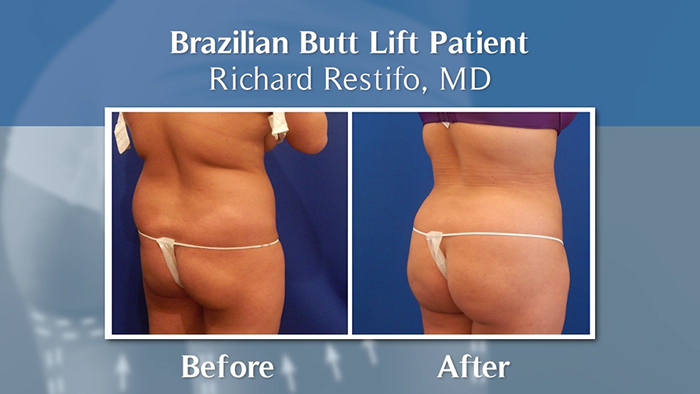Are you a good candidate for plastic surgery? While there is nothing wrong with wanting to change your appearance and erase some of the tell tale signs of Father Time, there are a number of factors to consider first. Exemplary results are definitely dependent on the skill and experience of your plastic surgeon, but they’re also about having realistic expectations.
Dr. Richard J. Restifo of Orange, CT discusses the three factors that determine whether or not plastic surgery is a good idea for you: safety, your anatomy, and your goals.
Safety is THE Number One Concern
When it comes to surgery of any kind (and this includes elective plastic surgery), safety must be the number one concern. There is no point in having a procedure to adjust your aging process if it is going to jeopardize your health in any way. For starters, every potential patient must be in good overall health in order to undergo plastic surgery. That doesn’t mean perfect health, but patients need to be stable. For example, a patient can have high blood pressure or high cholesterol as long as these conditions are controlled by medication.
Also, while patients don’t have to be at their ideal body weight, you should be pretty close. Most surgeons will not operate on a patient whose BMI is over 30 as it markedly increases the risk of surgical and anesthetic complications. Beyond that, being at maintainable goal weight will help ensure that surgical results last. With any aesthetic procedure, but particularly body contouring procedures, weight gain will adversely affect results as it will re-stretch the skin.
Plastic Surgery Procedure Must Work with Your Anatomy
The second factor that determines whether or not you are a good candidate for plastic surgery is your anatomy. Bottom line, “your anatomy has to be appropriate for the operation that you are considering,” explains Dr. Restifo. For example, if you are looking to have liposuction, then your skin really needs to be smooth and taut. If it does not have good elasticity and you remove the underlying fat, the skin is simply going to droop more, and you are not going to be happy with your results. Patients who don’t have great skin elasticity will do better with a surgical excision procedure, such as a tummy tuck or arm lift.

This is true everywhere on the body, but particularly the breasts. Let’s say that you are looking to increase the size of your breasts as part of a Mommy Makeover. Every woman wants to achieve this with a breast implant alone because breast lift surgery is a bit more extensive and demands scars. Regardless, if your nipples hang below the inframammary fold (or crease beneath your breast), then an implant alone will not deliver a good result; a breast lift will be necessary.
Furthermore, your anatomy may dictate that these two procedures be performed separately, not together as most patients would like. It’s important for every patient to understand that your skin and tissues must be in a configuration such that it can be corrected by the plastic surgery procedure that you have chosen to have.

Plastic Surgery Can’t Fix Everything
The last factor to consider when deciding whether or not plastic surgery is right for you is your goals. What do you hope to get out of plastic surgery? “If your goal is to improve your appearance, we can do that,” says Dr. Restifo. But plastic surgery will not alter any other aspect of your life that you may be unhappy about. No matter how great you look after your procedure, it won’t fix a miserable marriage, or make a job that you hate more fun. And while it can and should boost your self-esteem, no plastic surgery procedure is going to fundamentally change who you are.

It’s vital for any potential patient to be very clear about what he or she wants out of the procedure. If a patient desires something that no surgery can deliver, then they will ultimately be disappointed. And since plastic surgery involves a commitment of both time and money, the disappointment can be bitter indeed.
Managing Expectations = Happy Patient
Every plastic surgeon wants a happy patient, someone who loves his or her results. The best way to achieve this is by managing expectations. A good candidate for plastic surgery has to have a realistic expectation of what the surgery can do for them, and understand that “plastic surgery will change one’s life only in limited ways,” explains Dr. Restifo. However, if you meet the criteria of safety, anatomy, and goals, then plastic surgery is right for you.

















Facebook
Twitter
Instagram
YouTube
RSS